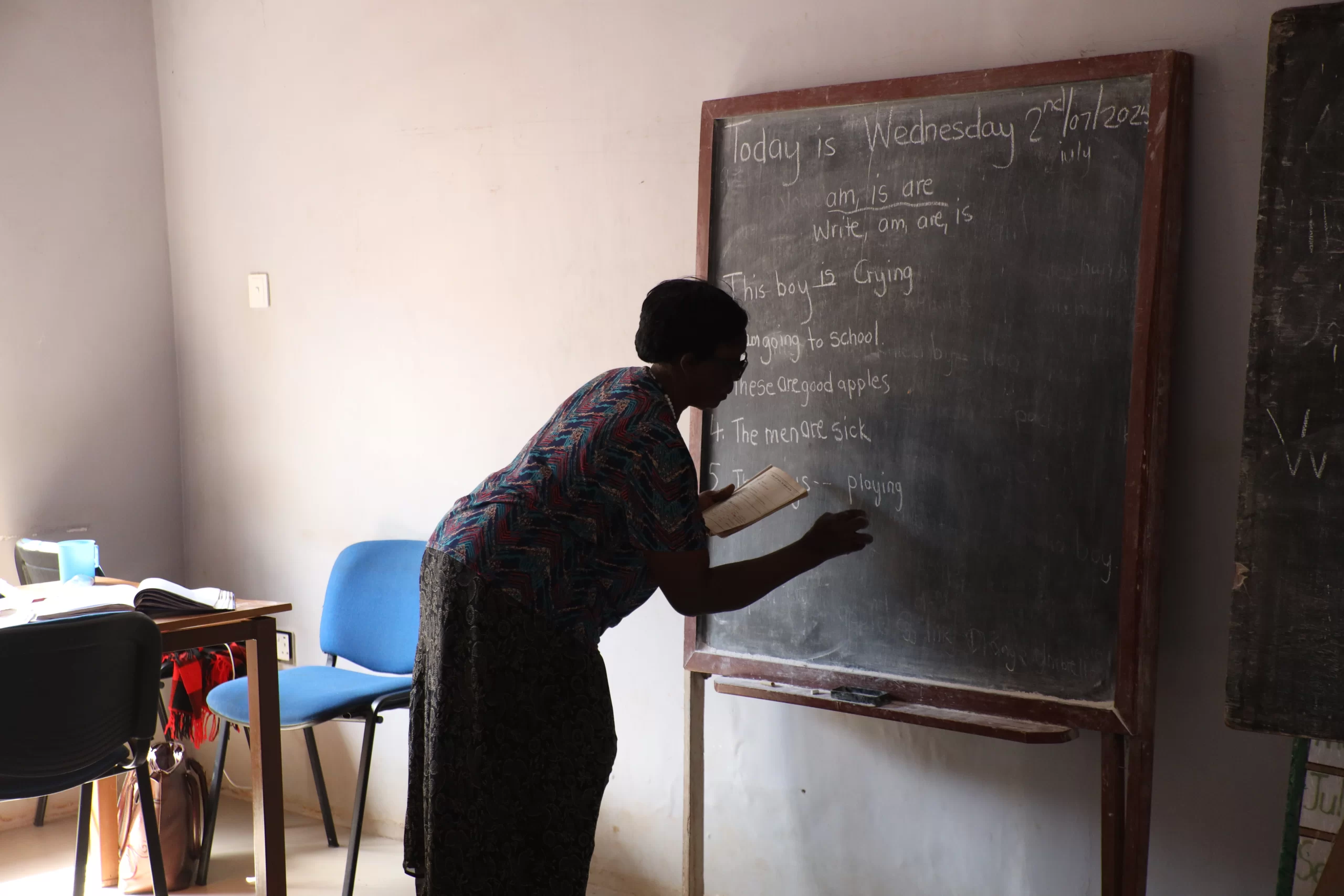Livelihood
MPI carries out livelihood activities with its beneficiaries to support their economic growth and empowerment. These initiatives are meant to help our beneficiaries improve their entrepreneurial capacity to become self-sufficient.

VSLA - IGAs - Financial Literacy
MPI carries out every year Village Savings And Loans Association (VSLA) trainings to MPI beneficiaries who are part of VSLA groups to enhance their skills in managing savings groups. The eight VSLA groups, each with around 30 members, meet weekly to save, access low-interest loans, and invest in Income-Generating Activities (IGAs). MPI’s social workers provide continuous training and support to help the women overcome challenges, ensuring their financial activities thrive and contribute to long-term self-reliance. The impact of this initiative is significant: women improve their financial management skills, gain access to capital for business growth, and develop sustainable income sources, benefiting their households through enhanced economic stability and increased self-sufficiency.

Life Skills Courses / Apprenticeship
Every year, MPI supports young people by providing apprenticeship opportunities for those who have dropped out of school. The program connects youth with companies offering hands-on training in fields such as welding, tailoring, electrical installation, cosmetology, and mechanics. Each year, MPI partners with reputable companies to ensure participants gain practical, real-world experience. Participants receive ongoing support from project officers and, upon completing their apprenticeship, earn certificates that improve their employability. MPI also offers life skills courses to its clients and staff, in collaboration with the Luigi Giussani Institute of Higher Education.

Home Visits
Our social workers personally know each of our beneficiaries. They regularly visit their homes, assess living conditions and health, and provide ongoing support to the entire family — from mothers to children.
Whenever possible, sick people are assisted at home. The support is not only medical or material but also emotional and social, aiming to rebuild the patient’s self-esteem and reintegrate them as an active and valued member of their family and community.

Adult Literacy
MPI ran an adult literacy program designed to support women who had limited or no formal education. This initiative helped women learn to read and write in English and acquire basic mathematics skills, allowing them to communicate more effectively in everyday situations. The program enabled women to navigate essential tasks such as visiting hospitals, checking on their children at school and engaging with their community without the need for a translator.
Get In Touch
- P.O.Box 21261 Mutungo – Kitintale
- info@meetingpoint-int.org
